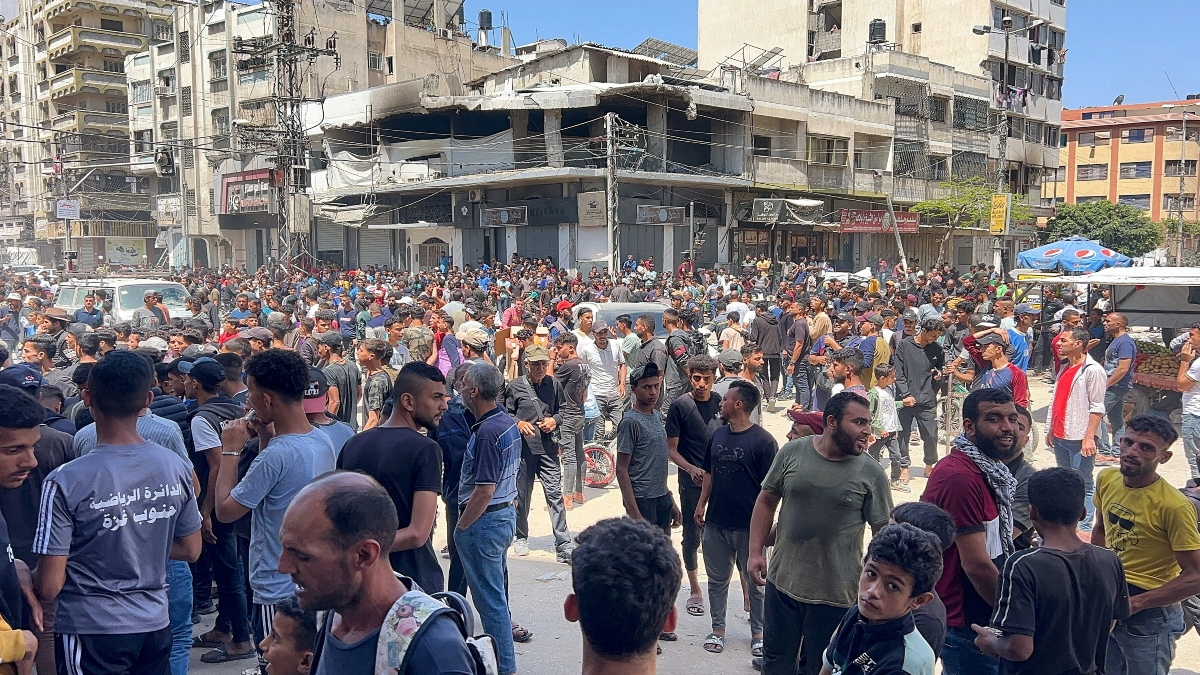The United States has informed Israel that it will later on Wednesday veto a United Nations Security Council demand for an “immediate, unconditional and permanent ceasefire” between Israel and Hamas in Gaza.
The 15-nation council will vote on a text - put forward by 10 members - that also demands aid access across the Palestinian enclave, where experts say famine looms and aid has only trickled in since Israel lifted an 11-week blockade on May 19.
According to a Times of Israel report, citing an Israeli official, the US believes the resolution fails to sufficiently hold Hamas accountable for the ongoing conflict and does not align with the Trump administration’s current efforts to broker a ceasefire and secure the release of hostages in Gaza.
The US also argues that the resolution’s call for the UN to resume aid distribution could undermine the work of the Gaza Humanitarian Foundation, which Washington supports to ensure aid reaches civilians without being diverted by Hamas, added the report.
The vote marks the first time the UN Security Council will consider a substantive resolution on the Gaza war since US President Donald Trump took office, reported Times of Israel, citing the office of Israeli Ambassador to the UN Danny Danon.
Danon is expected to tell the Council that “anyone who supports a one-sided and biased resolution is effectively providing aid to Hamas,” his office said.
“Instead of pressuring Hamas to accept the framework currently on the table, there are those who believe international pressure will stop Israel. Our message is clear: No discussion or resolution will cause us to leave the hostages behind,” he added in the statement.
Impact Shorts
More ShortsThe war in Gaza has raged since 2023 after Hamas militants killed 1,200 people in Israel in an October 7 attack and took some 250 hostages back to the enclave, according to Israeli tallies. Many of those killed or captured were civilians.
Israel responded with a military campaign that has killed over 54,000 Palestinians, according to Gaza health authorities.
They do not distinguish between fighters and non-combatants but say civilians have borne the brunt of the attacks and that thousands more bodies have been lost under rubble.
With inputs from agencies


)

)
)
)
)
)
)
)
)



